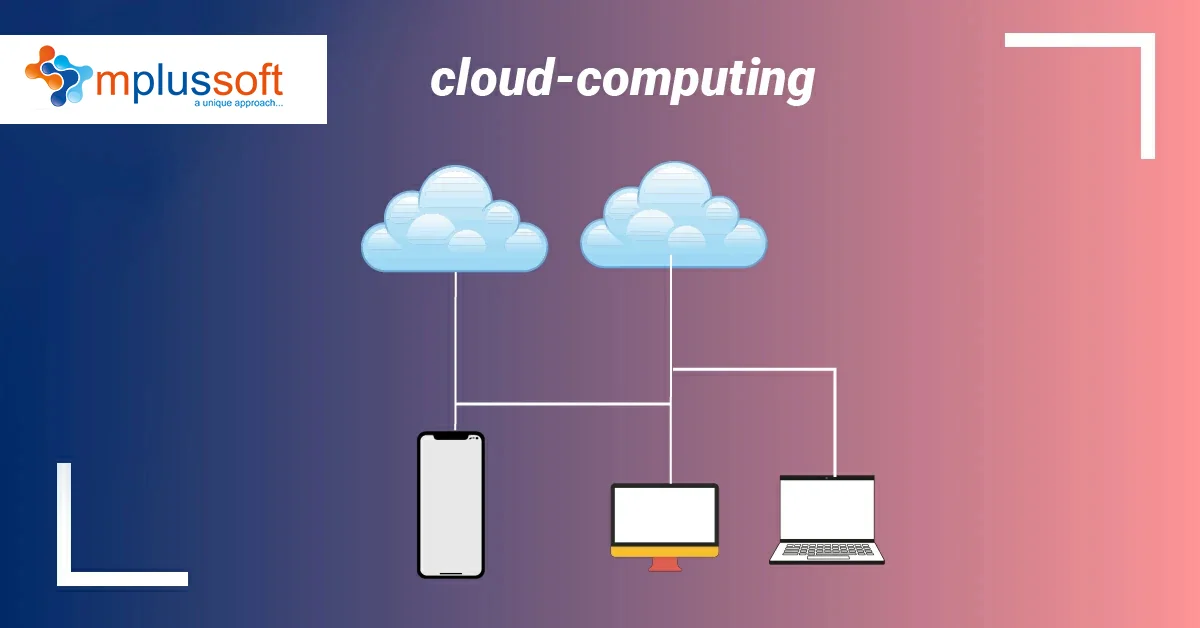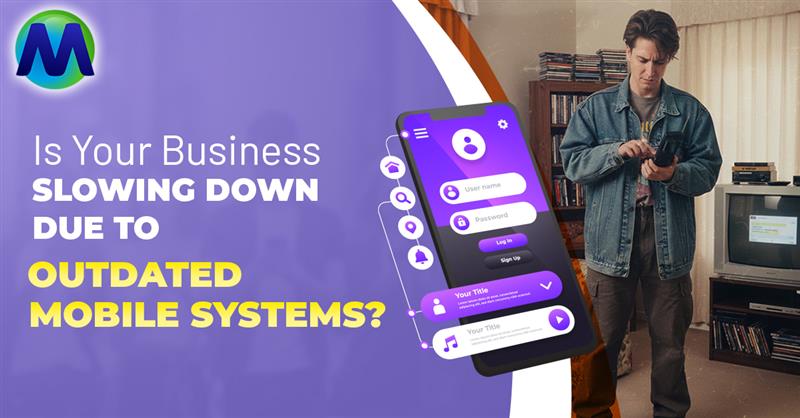What is Cloud Computing and How does it work?

Cloud Computing
Cloud Computing is a relatively new term for most people and in fact, very few people actually know exactly what it means. There is not much understanding of the term beyond a vague recognition. But those who have more technical knowledge know that cloud computing means a lot of things, but one thing is for sure, cloud computing is evolving every year. So in this blog, we will discuss the basics of cloud computing, its types, and how it can benefit all types of businesses.
What is Cloud Computing and How does it work'
Cloud computing is a collection of computing resources that includes: servers, data storage, databases, networking capabilities, and software over the Internet also known as a cloud to offer reliability, flexibility, and scalability of resources in a very cost-effective manner.
Cloud computing allows companies to run computing tasks remotely from their own space. In effect, it provides users with an inexpensive way to store and access data as well as monitor software-based applications from anywhere in the world.
The costs are typically lower than creating and maintaining dedicated servers in specialized facilities. Cloud computing subscriptions provide customers with the capability of automating their own applications and services.
Why is it important for businesses to adopt the cloud'
Cloud computing is a cost-effective way to power back-up systems, improve processing power for slow Web pages, and run complex software that would take resources in physical servers to install and maintain. Businesses can save money as well as energy by outsourcing computing tasks to low-cost providers in the cloud. With cloud computing, a company doesn't just save money on facilities costs, but it also gets access to specialized expertise, low-latency access to applications, and the ability to quickly scale up or down new systems without having to invest in tons of hardware solutions.
Types of cloud computing services are: IaaS, PaaS, and SaaS
Infrastructure as a service (IaaS)
This is the simplest type of cloud computing service. Through IaaS you can access basic computing resources like servers, storage, networking, data centers from a cloud provider on a pay-as-you-go or on-demand basis.
Users may scale up or down resources as required using IaaS, which eliminates on-premises data center maintenance cost, hardware expenses, and overbuying capacity in case of periodic spikes in demand.
IaaS solutions allow you to increase or decrease your resources based on demand. In addition to helping you deploy new applications quickly, IaaS improves the reliability of your underlying infrastructure.
Platform as a service (PaaS)
PaaS is a term used to describe cloud computing services that provide an on-demand solution for building, testing, delivering, and managing software applications without the expense, complexity, or inflexibility of doing so on-premise systems.
Cloud provider manages infrastructure (networking, hardware, and virtualization) & platform (OS, middleware, and runtime). They also provide software and hardware tools over the internet to the developers. The goal of PaaS is to make development easier by minimizing the need to set up or handle infrastructures such as servers, storage, networks, databases, and OS.
SaaS (Software-as-a-Service)
SaaS also known as Cloud-Based Software is the most commonly used model. SaaS is a way to deliver software applications over the Internet, either on-demand or via subscription basis. In this model the cloud provider hosts and manages infrastructure (networking, hardware & virtualization), platform (OS, middleware, runtime) & software (data and application).
How Cloud computing is changing the businesses in the industry'
Benefits of Cloud computing for organizations
Cost
It eliminates the expenditure of buying expensive hardware and software.
Scalability
Automatic updates
Reliability
Security
Flexibility
Conclusion
Cloud computing is a major shift in the way we do business online. It's being used by businesses of every size, from small businesses to large corporations. It offers businesses huge cost savings, allowing them to scale up quickly and efficiently while also giving them access to new features and technologies on an ongoing basis.
It's no secret that big companies are looking at ways to stay ahead of the game as quickly as possible - thus why they're turning to the cloud.
It is estimated that 25% of companies have shifted their operations to the cloud in one year. Cloud Computing is without a doubt the fastest-growing segment of network-based computing. It benefits consumers of all sizes, including basic users, developers, corporations, and all sorts of businesses. Hence, this technology will remain relevant for many years to come.
If you find this blog useful, please share it so that we can help as many businesses as possible. If you want to know more about cloud computing then contact us at
+91 84596 30022 or Visit us @ www.mplussoft.com
We would be delighted to help you!







